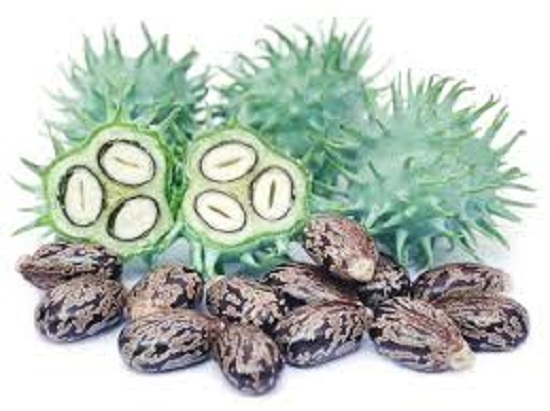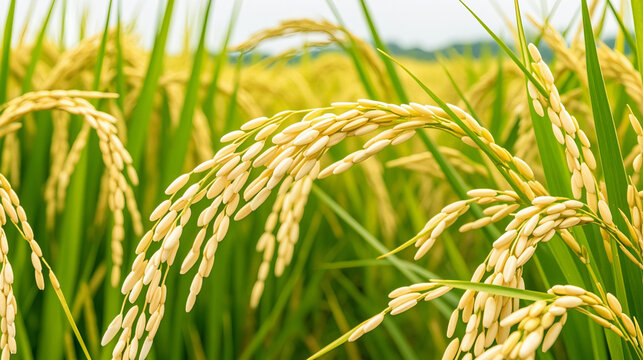Rice, castor farmers and seed companies in Nigeria would soon have additional four new crop varieties to boost their productivity. This became possible by the National Cereals Research Institute (NCRI), Badeggi, Niger State in a bid to making new varieties available to farmers and seed companies for uptake.
NCRI stated that it received the approval to release the four new crop varieties at the 34th National Committee on Naming, Registration and Release of Crop Varieties, Livestock Breeds/Fisheries meeting held at the Moor Plantation, Ibadan, Oyo State.
The two newly-released rice varieties are Faro69 and Faro70. The research institute developed the Faro69 and Faro70 in collaboration with the Institute of Crop Sciences (ICS) at the Chinese Academy of Agricultural Sciences (CAAS) in China. “Designed to thrive in lowland environments, these varieties respond to key challenges in rice farming with traits that promote resilience, high yield, and quality”, the institute stated.
The variety “features a semi dwarf plant structure, purple lemma apex, and high drought tolerance. It matures within 115–120 days and offers a high potential yield of 13.8 tons per hectare.
Notable for its strong resistance to pests such as gall midge and stem borer, and diseases including leaf blast and sheath rot, Faro69 stands out as a high-yield, nutrient-rich variety that contains 12.26% crude protein and 4.85% crude fat”, it added.

Unlike the Faro69, this variety is an “early maturing (89–95 days), drought-tolerant rice variety with green stem and leaf sheath colors.
It boasts a potential yield of 11.8 tons per hectare and is also moderately resistant to common rice pests and diseases. With outstanding ratoon potential and high crop yield, Faro70 is nutrient-dense, containing 9.54% protein and 4.81% fat.
The development of these rice varieties was made possible through the expertise and dedication of NCRI’s rice breeders. NCRI and ICS have also extended training to Nigerian rice farmers on improved agronomic practices and community seed systems, ensuring that the farmers are equipped to maximise the productivity of these new varieties”, the statement informed further.
The newly-released castor varieties are named NCRICAS3 and NCRICAS4. The two castor varieties of NCRICAS3 and NCRICAS4, are products of NCRI’s independent research efforts for they were “developed to address the demands of Nigeria’s castor farming sector, particularly in the Derived and Guinea Savanna regions.
NCRICAS3 feature has “large, white, elongated seeds and mahogany-colored stems and matures within 115–121 days.
This variety is recognised for its high yield potential of 2.1 tons per hectare, tolerance to pests and diseases, and high seed protein (28.59%) and fat content (37.41%), making it a valuable addition to Nigeria’s agricultural landscape”.
NCRICAS4 variety “is a high-yield castor variety with large, white square seeds and green stems. Maturing in 118–120 days, NCRICAS4 offers a potential yield of 1.8 tons per hectare and shows resilience against common castor pests and diseases.
It has a notably high fat content of 46.33% and 21.42% protein, making it an excellent choice for oil production and other industrial uses”, noting that the release of these varieties signifies a major leap for NCRI in driving agricultural advancements, and we are confident that these new high-performing rice and castor varieties will empower Nigerian farmers, contribute to national food security, and support Nigeria’s economic growth through agriculture”, NCRI stated.




3 Comments
This is a welcome development
Anything that will increase crop production and quality should be supported
The idea of advancing is satisfying only if the government would back up agriculture firmly